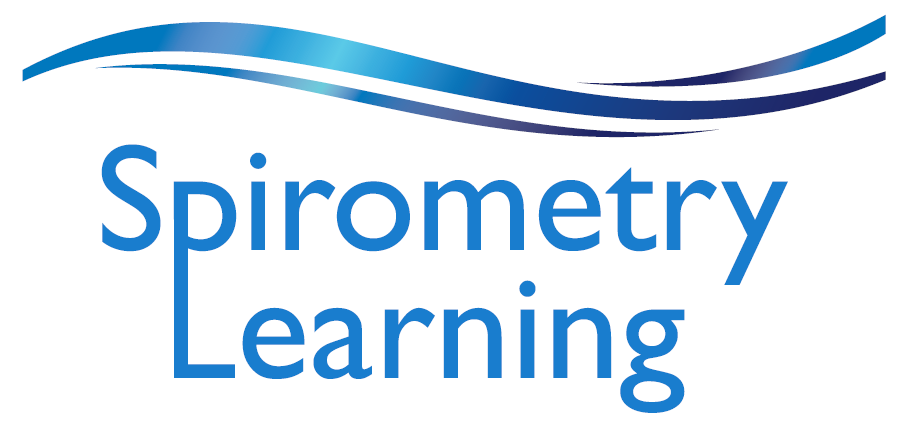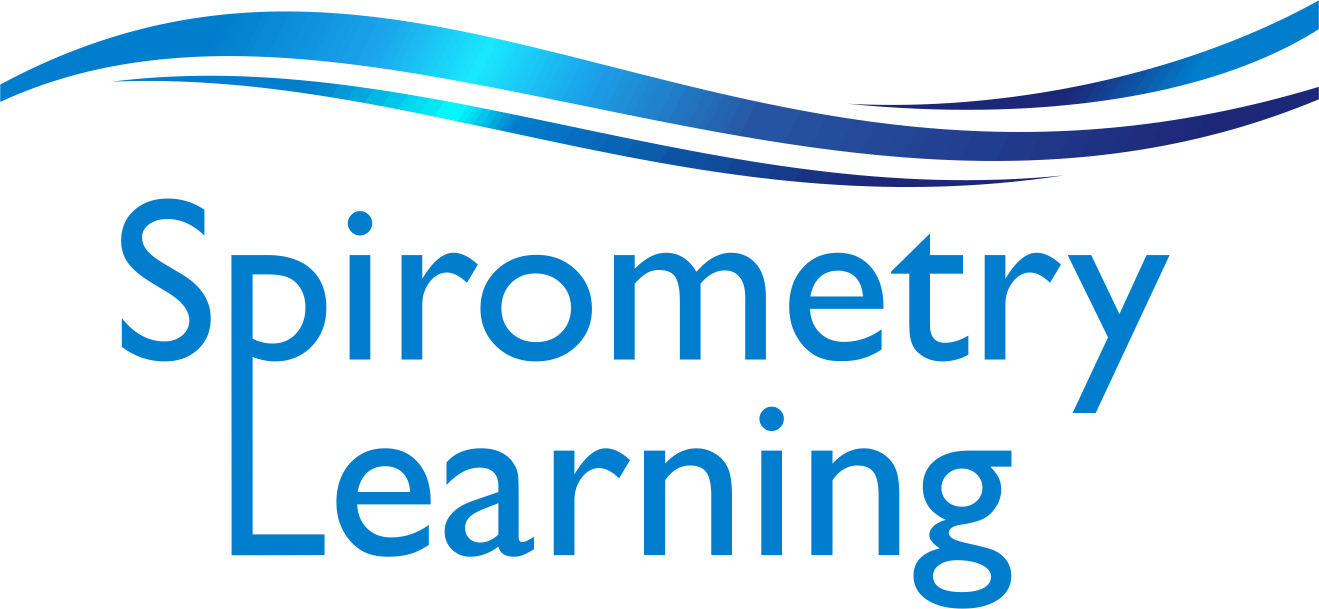About the Spirometry Learning - Competency Assessment course
Spirometry is recommended as an indispensable tool to aid in the diagnosis and monitoring of chronic airways disease. Well-performed, good quality spirometry has been shown to increase the correctness of COPD and asthma diagnoses and improve the clinical management of patients with respiratory disease.
Spirometry Learning Australia (SLA) has designed and developed a suite of comprehensive educational and training resources to provide health professionals with the expertise, practical skills and confidence necessary to obtain quality assured spirometry measurements and achieve competency in spirometry testing.
The Spirometry Learning – Competency Assessment (SL-CA) course is compliant with Australian & New Zealand Society of Respiratory Science (ANZSRS), Thoracic Society of Australia & New Zealand (TSANZ) and American Thoracic Society & European Respiratory Society (ATS/ERS) spirometry testing standards.
Course Fee: $485
To enquire about registration contact Spirometry Learning Australia by clicking on the email link below
Who Is It For?
Participants may include nurses, clinicians, scientists, health workers and healthcare providers who conduct spirometry testing from tertiary health, general practice and industrial workplaces in both metropolitan and regional, rural and remote settings.
Learning Outcomes
After successful completion of the SL – CA course participants should have a good understanding of the following concepts:
- Indications for spirometry
- Physiology and pathophysiology of obstructive and restrictive ventilatory defects
- Definitions of the indices to be measured: FEV1, FVC, FEV1/FVC ratio & PEF
- Data represented on flow-volume curves and volume-time spirograms
- Use of predicted reference values
- How patient demographics relate to spirometry measurement
- Spirometer settings and technical considerations
- Quality Assurance concepts including calibration & verification of the spirometer device and use of Biological Controls
- Pre-test requirements including assessment of relevant contraindications, considerations for testing and potential complications
- Test performance including operator instructions for testing, ATS/ERS criteria relating to the acceptability of patient test performance, ATS/ERS criteria relating to the repeatability of test measurements, common causes of poor quality spirometry, trouble-shooting patient related issues and assessment of bronchodilator responsiveness
- Health service and Infection Control standards
- Pattern recognition of normal and abnormal flow-volume curves
- Differentiation between normal and abnormal spirometric values, including the use of z-scores
- Case-based application of interpretative strategies
Schedule
- Online education resources (5-6 hours for completion)
- Practical Skills Workshop (4.0 hours)
*Face-to-face or virtual sessions are available.
- Review of participant self-assessments via use of the SL-Spirometry Assessment Tool (ongoing after Practical Skills Workshop)
SL-CA course registration is for 18 months
Online component
The online components are self-paced and include presentations, video segments, and interactive case-based resources.
Learning outcomes are objectively assessed.
Approximate time for completion 5-6 hours
Practical Skills Workshops
Participants are required to attend one (only) Spirometry Learning Practical Skills Workshop during the 18-month course duration.
All online components must be completed prior to attending this workshop.
Face-to-face or virtual workshop sessions are available. The virtual sessions are designed primarily for regional, rural and remote participants who find it difficult to attend f-2-f sessions.
Workshops are 4 hours duration and adhere to the 1:5 trainer-to-participant ratio recommended by the 2017 ANZSRS Position Statement on Spirometry Training Courses.
The dates of these workshops are negotiated on an individual or group basis.
Spirometry Learning Practical Skills Workshop (4.0 hours)
|
Spirometry Assessment Tool
The Spirometry Learning – Spirometry Assessment Tool (SL-SAT) has been developed and designed by SLA to assess the accuracy of participants application of the key ATS/ERS test criteria and to demonstrate their competence in spirometry testing.
It allows participants to self-assess spirometry tests they conduct in their usual workplace and employs a simplified and standardised evaluation strategy.
- It is recommended a minimum of two patient spirometry tests be conducted every two weeks.
- Self-assessment of the test results is made using a Spirometry Assessment Tool (SL-SAT).
- Completed SL-SATs, and accompanying spirometry test reports, are submitted for respiratory scientist evaluation at the end of each fortnight with feedback on the accuracy of these self-assessments regularly provided.
- Submission is via an electronic drop-box incorporated into the Spirometry Learning (SL) training website.
- Participants are notified by email of each step in the review process.
- Detailed instructions on how to complete and submit the SL-SAT are available via the SL training website after registration.
A minimum of 10 accurate spirometry assessments are required to achieve competency.

